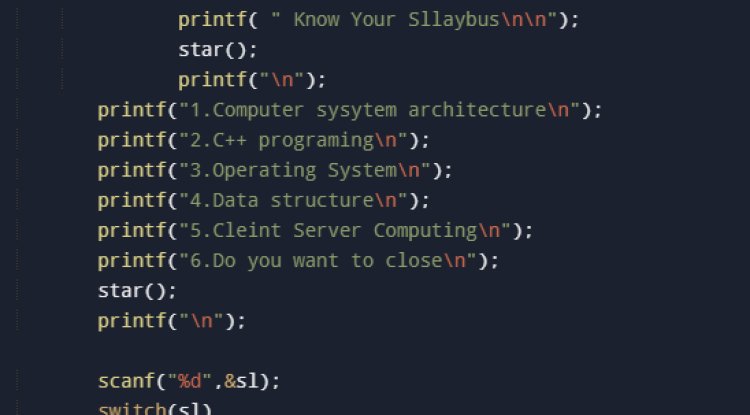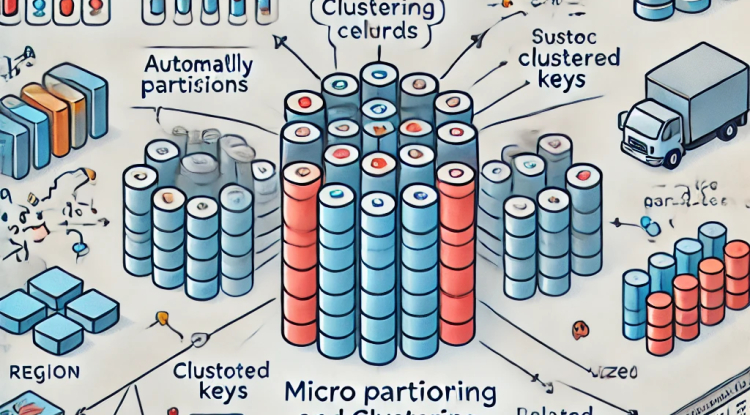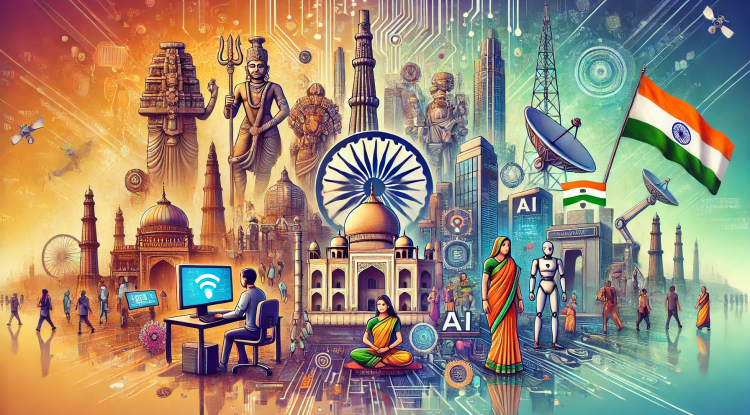The Fintech Revolution: How Technology is Transforming Finance

In recent years, the world of finance has undergone a radical transformation. Thanks to the advent of technology, financial services are now more accessible, efficient, and user-friendly than ever before. The term Fintech—a combination of “financial” and “technology”—has become a buzzword in this shift, disrupting traditional banking and investment models. Let’s explore how the marriage of finance and technology is changing the way we interact with money.
1. What is Fintech?
Fintech refers to innovations in the financial industry driven by new technologies. These innovations span a wide range of services, from mobile banking apps to automated investment platforms, and cryptocurrency trading to online lending.
It includes:
• Mobile payments like Apple Pay and Google Pay
• Digital wallets such as PayPal, Alipay, and Venmo
• Cryptocurrencies like Bitcoin and Ethereum
• Robo-advisors for automated financial planning
• Blockchain technology for secure and transparent transactions

2. How Technology is Driving Financial Innovation
2.1 Mobile Banking and Payments
One of the most noticeable changes brought by fintech is the way we bank. Traditional banking has long been considered cumbersome, with long queues and mountains of paperwork. However, fintech has revolutionized this experience by making banking mobile and accessible.
Many banks now offer seamless mobile apps that allow users to:
• Check their balance in real-time
• Transfer money with just a few taps
• Pay bills without visiting a branch
• Set up automatic savings plans
Mobile payment platforms like Google Pay and Apple Pay have made it easier for customers to make contactless payments, further pushing the boundaries of what we consider traditional banking.
2.2 AI and Machine Learning in Finance
Artificial Intelligence (AI) and Machine Learning (ML) are arguably the biggest disruptors in the financial sector today. By analyzing large datasets, AI helps financial institutions make faster, more informed decisions.
Use cases of AI in finance include:
• Credit Scoring: Algorithms can assess the creditworthiness of borrowers by analyzing their spending habits, social profiles, and other non-traditional data points, allowing lenders to make more accurate predictions.
• Fraud Detection: AI-driven systems monitor patterns of transaction data to detect and flag suspicious activity.
• Robo-Advisors: These platforms use AI algorithms to create personalized investment strategies based on a client’s risk profile, automating wealth management services for low costs.
3. Blockchain and Cryptocurrencies

3.1 Blockchain: The Foundation of Future Transactions
At the heart of fintech innovation lies blockchain technology. Blockchain is a decentralized ledger of transactions that is secure, transparent, and nearly impossible to tamper with. This has led to its widespread use in various industries, but its impact on finance has been revolutionary.
Applications of blockchain in finance include:
• Cross-border payments: Traditional international transactions often involve hefty fees and delays. Blockchain enables faster, cheaper, and more secure transactions across borders.
• Smart contracts: These are self-executing contracts with terms written directly into lines of code. They reduce the need for intermediaries in business transactions.
3.2 The Rise of Cryptocurrencies
Cryptocurrencies, such as Bitcoin and Ethereum, are digital currencies that use blockchain technology to function. These currencies are disrupting traditional monetary systems by providing an alternative to government-issued currencies and offering more privacy and security in transactions.
Many believe that cryptocurrency could eventually replace traditional forms of money. For instance, Bitcoin has been hailed as a “store of value,” often likened to digital gold.

• Bitcoin: Launched in 2009, Bitcoin remains the most widely recognized cryptocurrency. Its decentralized nature makes it a significant disruptor to traditional fiat currency systems.
• Ethereum: More than just a cryptocurrency, Ethereum allows developers to build decentralized applications (DApps) and smart contracts.
4. Digital Lending and Peer-to-Peer Platforms
Another aspect of fintech that’s gaining traction is digital lending. Online lending platforms such as SoFi, LendingClub, and Upstart allow individuals and businesses to borrow money outside traditional banking systems.

Benefits of digital lending include:
• Speed: Approval processes are quicker, often done within minutes or hours.
• Transparency: Borrowers can see the exact interest rates and terms before committing.
• Accessibility: Digital platforms can reach underserved markets where traditional banks might be unwilling to lend.
Similarly, peer-to-peer (P2P) lending platforms enable individuals to lend and borrow money directly from one another without going through a bank. This has made it easier for people with lower credit scores to secure loans.
5. The Future of Fintech: What’s Next?
The world of fintech is still evolving, with exciting developments on the horizon. Here’s what we can expect in the coming years:
• Open Banking: A system where banks open up their APIs, allowing third-party developers to build apps around banking services. This will provide customers with better financial products, tailored to their specific needs.
• AI-Powered Personal Finance: As AI advances, we can expect more intelligent financial assistants that can help users track their expenses, make budgeting easier, and even suggest where to invest their money.
• Decentralized Finance (DeFi): DeFi refers to financial systems built on public blockchains like Ethereum. These systems eliminate the need for banks or financial institutions, enabling peer-to-peer transactions directly through smart contracts.
• RegTech: As fintech continues to disrupt traditional models, regulatory technology (RegTech) is emerging as a way to help companies comply with financial regulations more efficiently through automation and data analytics.
Conclusion
Fintech is undoubtedly one of the most exciting industries today, merging the best of finance and technology to create smarter, more efficient systems. From mobile banking and AI-driven wealth management to blockchain-based transactions, the future of financial services is digital, decentralized, and democratized. For consumers and businesses alike, the innovations brought about by fintech promise greater accessibility, efficiency, and transparency in all financial dealings.
What's Your Reaction?



















